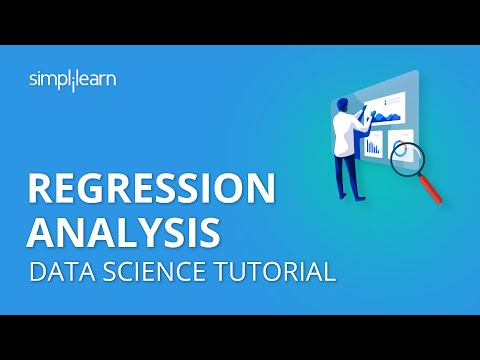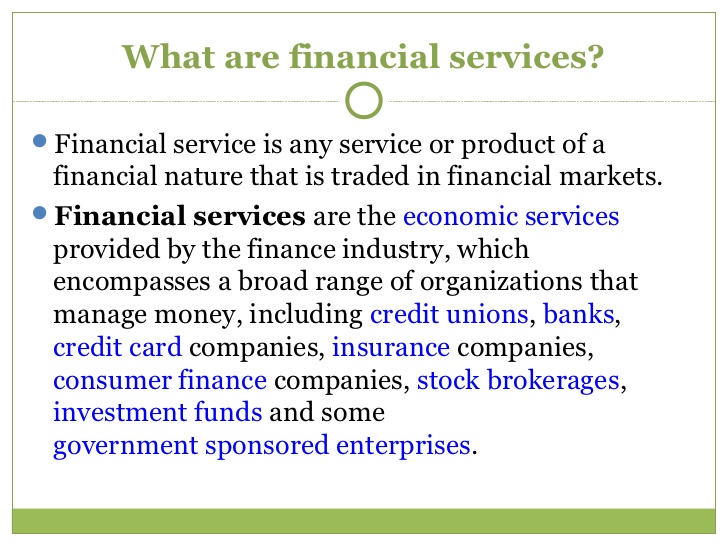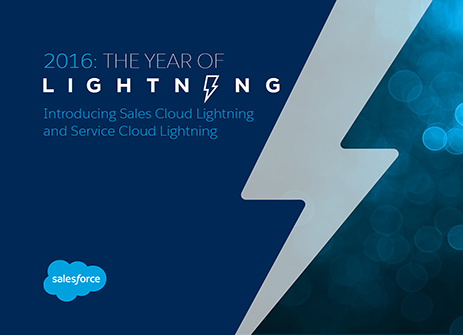Economics is what it ought to be This statement refers to
Contents:


Normative statements derive from an opinion or a viewpoint. Thus the words ‘should’, ‘ought to’ or ‘it’s higher to’ frequently happen. Efiling Income Tax Returns is made easy with ClearTax platform. Just upload your form 16, claim your deductions and get your acknowledgment number online.
Positive economics allows us to use historical data to regulate the relationship between interest rates and consumer behavior. To study the factors influencing the increase in government spending will reduce the unemployment rate. For example, macroeconomics will consider the contribution of Gross Domestic Product and Gross National product.
A) Apply the geometric method to determine the elasticity of supply at point L on the supply curve SS given above. B) Justify the statement, ‘In economics, normal profits are always a part of total cost’. Normative economics concerns more on value judgements and statements. Normative economics suggests the ideological judgements about the results that can occur in economic activity if public policies are made.
It deals with the facts and behavioral relationships of cause and effects. It also includes the development and testing of economic theories. Different economists have defined economics in different words. Here are some famous definitions of the word economics. Economics is defined as a branch of social science that deals with the production, consumption, and distribution of goods and services.

You can understand that this statement is based on personal perspective and satisfies the need for ‘should be’ or ‘ought to be’. A positive economics example is a statement, “Government-funded healthcare surges public expenditures.” This statement is based on facts and has a considerable value judgment involved in it. Therefore, its credibility can be proven or dis-proven via a study of the government’s involvement in healthcare. Positive economics is the stream of economics that has an objective approach, relied on facts.
Most Searched Stocks
It studies the conduct and performance of the economy as a whole. Lionel Robbins defined economics as the science which studies human behavior as a relationship between ends and scarce means which have alternative uses. Alfred Marshall defined economics as the study of mankind in the ordinary business of life. Economics plays an important role in a country’s progress and development.
The Importance of Political Economy – The American Conservative
The Importance of Political Economy.
Posted: Mon, 01 May 2023 04:05:00 GMT [source]
And not only about a country, but economy is also important even on an individual level. Normative economics statements are subjective and rely heavily on values originating from an individual opinion. Therefore, they are considered political or authoritarian. Here, the study of economics is more objective and focuses more on facts. Moreover, the statements are precise, descriptive, and measurable.
“Economics is what it ought to be” – This statement refers to
The rate of inflation should not be more than 6 per cent. He was a companion of distinguished economists like Manmohan Singh (Ex-Prime Minister of India and a veteran economist answerable for liberalizing the Indian financial system), K. His ascendancy to the prime ministership was politically vital in that he was the second holder of this office from a non-Hindi-talking area and 1st belonging to the southern a part of India. He led an necessary administration, overseeing a major financial transformation and several other residence incidents affecting national safety of India.
But the debate ended with the conclusion that it is both positive and normative science. Economics not only tells us about the happening of certain things but also says whether it is the right thing to happen or not. Positive economics as such avoids financial worth judgements. Positive economics is usually defined because the economics of “what is”, whereas normative economics discusses “what should be”. Positive economics deals with the present economy, while normative economics considers the future of the economy.
Economists like Marshall Pigou etc. regard economics as a normative science. Positive economics describes and explains various economic phenomena or the “what is” scenario. While positive economics is based on fact and cannot be approved or disapproved, normative economics is based on value judgments. Most public policy is based on a combination of both positive and normative economics. Positive economics was now said to be about facts and normative economics about values. Normative economics is an outlook on economics that contemplates normative or ideologically dictatorial, discernments toward economic enhancement, statements, funding projects and framework.
Positive and Normative Economics – Major Differences | Microeconomics
In conclusion, normative economics is based on ethical considerations, facts and generalizations, and seeks to understand “what is” in the economy. It involves both subjective value judgments and objective analysis of data and economic theories to propose policy actions and evaluate their potential impact on the economy. Normative economics is based on ethical considerations because it is concerned with analyzing how things ought to be rather than how they are.
- Positive economics is objective, whereas normative economics is subjective.
- Positive economics, as such, prohibits judgements on economic value.
- It also includes the development and testing of economic theories.
- You will discover that constructive statements can typically be damaged down into a cause and an effect.
- As per reports of the International Hydropower Association , the US has developed more than 80 per cent of its hydropower potential and the EU has developed more than 70 per cent of its hydropower potential, he told the House.
In lucid language, positive economics answers the ‘what’ factor, whereas normative economics mandates the ‘should be’ or ‘ought to be’ section of economics. Briefly put Microeconomics is the study of individual economic units like a consumer, a firm whereas macroeconomics is the study of economy as a whole and its aggregates like national income, total employment, general price level. Distinguish between positive economics and normative economics, with suitable examples. So, Positive economic theory can help the economic policymakers to implement the normative value judgments. Every statement of positive economics can be tested scientifically and either proven or disregarded.
A standard theoretical assertion of positive economics as operationally meaningful theorems is in Paul Samuelson’s Foundations of Economic Analysis . Positive economics, as science, concerns the study of economic behaviour. In Paul Samuelson’s Foundations of Economic Analysis , the standard theoretical definition of positive economics uses operationally valid theorems.
Contrarily, normative economics focuses on presenting statements that may or may not be possible in the future. Moreover, in some cases, such statements do not have any credible data to back them up. A normative economics example is, “The government should make available fundamental healthcare to every citizen”.
- Normative economics is important in establishing and generating new ideas.
- On the other hand, normative economics provides value judgment.
- Normative economics suggests the conclusions and solutions.
It concentrates on the description, quantification, and clarification of economic developments, prospects, and allied matters. This subdivision of economics relies on objective data analysis and relevant facts and figures. Therefore, it tries to establish a cause-and-effect relationship or behavioral relationship that can help determine as well as test the advancement of economic theories. Microeconomics analyses how equilibrium of a consumer, a producer or an industry is attained but macroeconomics is concerned with determination of economy’s equilibrium level of income, employment and output. Central problems of microeconomics is price determination and allocation of resources but that of macroeconomics is determination of level of income and employment. Normative economics manifests ideological judgments about what could be the end result in an economic pursuit if public policy modifications are made.
Positive economics is not a good decision when it comes to big purchases. Positive and Normative Economics do have some underlying differences between them. We will analyze the differences between them in terms of meaning, perspective, function, area of study, testing, economical clarification.
“In a hypothetical market of mobile phones, the brand AWAAZ was leading the market share. Its nearest competitor VAARTA suddenly changed its strategy by bringing in a new model of the mobile phone at a relatively lesser price. In response, AWAAZ too slashed its price .” Based on the above information, identify the form of the market represented and discuss any one a feature of the market. Or Discuss the primary reason for ‘indeterminateness of demand curve’ under the oligopoly form of market. How the growth of the money supply influences inflation, without including the suggested policies.
The example of normative economics for the given question is option B) Higher interest rates will encourage more savings. The correct answer for the given question is option B) One in every five children in the United States is living in poverty. Normative Science studies things as they should be which is related to the criteria of’ what ought to be’. Positive economics is anxious with the development and testing of positive statements concerning the world which might be goal and verifiable.
Positive economics can be verified, while normative economics can’t be verified and detected. Positive economics is a measurable perspective and normative economics is a precautional perspective. Behavioral economics is also an example of normative economics. The correct answer for the given question is option D) The governments should spend more to aid the poor.
The problem for whom to produce refers to selection of the category of people who will ultimately consume the goods. Since resources are scarce in every economy, no society can satisfy all the wants of its people. The economic problem of ‘For whom to Produce’ basically focuses on the distribution mix of the final goods and services produced. The distribution of the final goods and services is equivalent to the distribution of National Income among the factors of production such as land, labour, capital and entrepreneur. Rao, who held the Industries portfolio, was personally answerable for the dismantling of the Licence Raj, as this came beneath the purview of the Ministry of Commerce and Industry. He is also known as the “Father of Indian Economic Reforms”.
In simple language, positive economics is defined as ‘what is’ economics. The investigation process of what is actually happening in a given economy. Positive economics provides a more scientific and calculated clarification on an economic issue. However, normative economics also provides such solutions but ones that are based on personal values. Normative economics deals with prospective or theoretical situations.
AI Experts Aren’t Always Right About AI – The Washington Post
AI Experts Aren’t Always Right About AI.
Posted: Sat, 06 May 2023 15:15:00 GMT [source]
Usually, the benefits of an economy depend on person to person and from function to function. Both economies have their own pros and cons and people should consider them before applications. Normative economics suffers from the problem of non-replicability. Normative economics is better in dealing with big purchases. Normative economics is important in establishing and generating new ideas. Positive economics doesn’t have a one-size-fits-all approach.
Normative economics gives value judgments about things and tells us to “What should have happened”. Main tools of microeconomics are demand and supply of the particular commodity/ factor whereas tools of macroeconomics are aggregate demand and aggregate supply of the whole economy. If we consider economics as a positive science then it means that the term economics can be only used for describing as positive science only describes the things. Positive science only explains things as they happen in reality. It generally explains what is, what was, and what will be.
